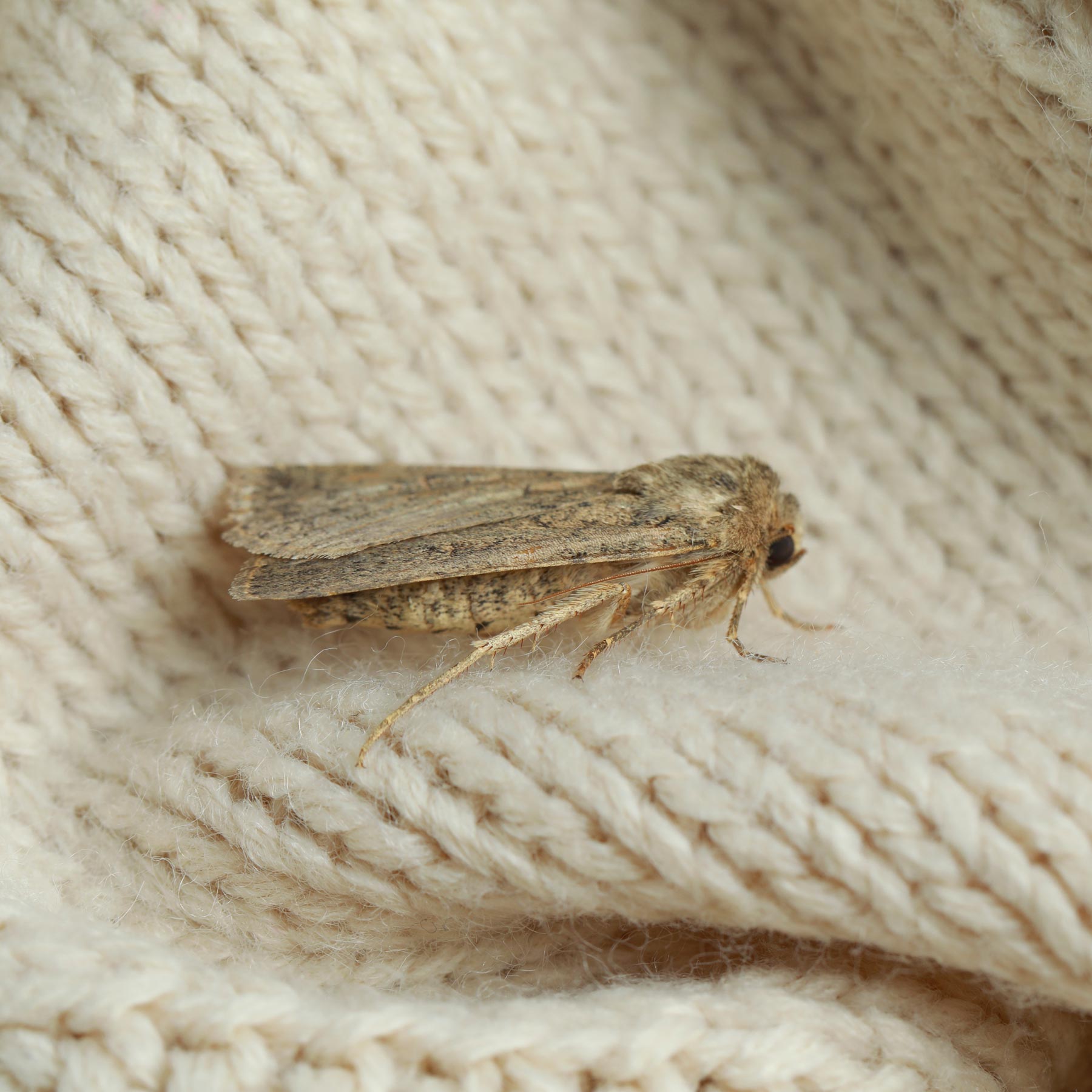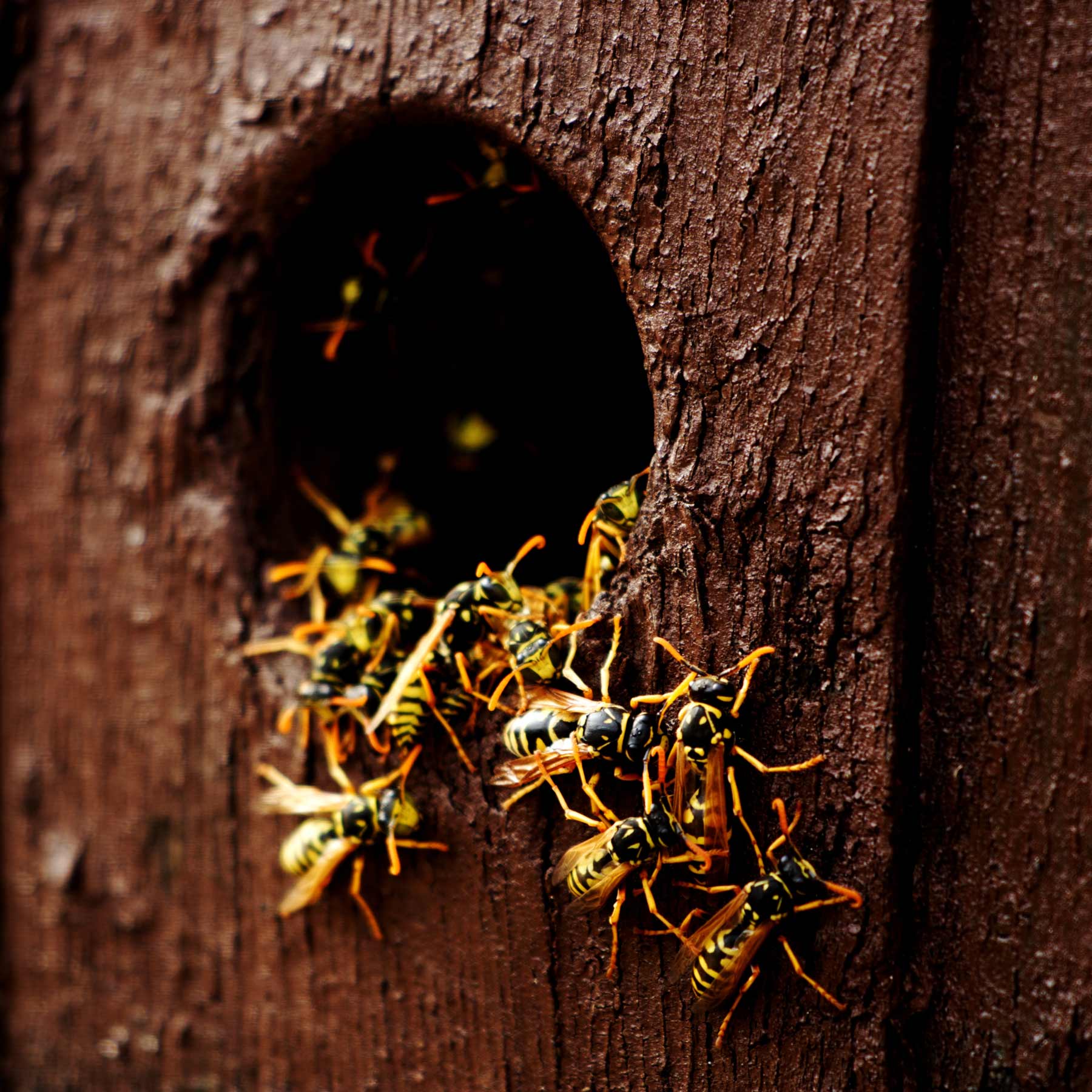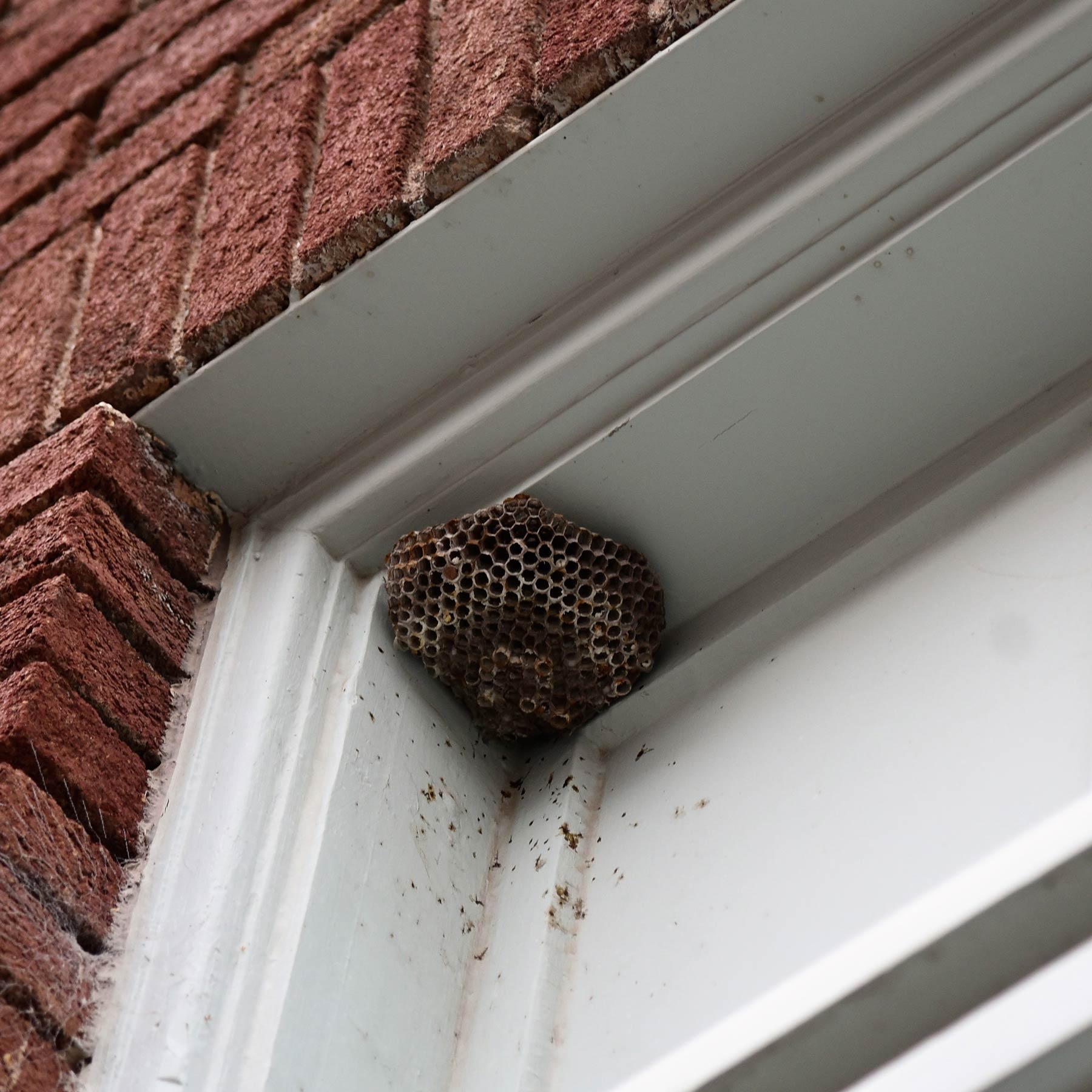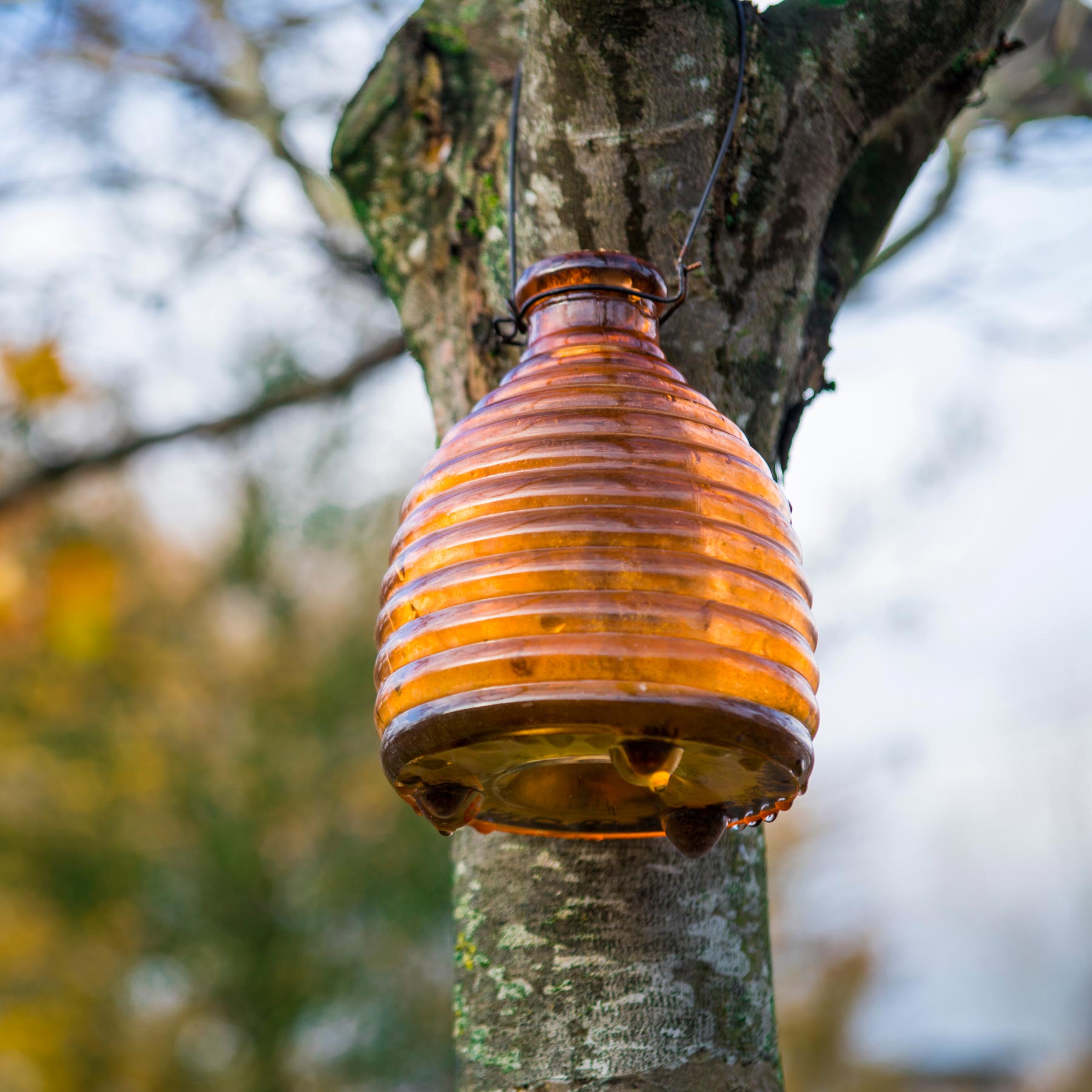Tineola Bisselliella, known best as the COMMON CLOTHES MOTH, WEBBING CLOTHES MOTH, or simply CLOTHING MOTH. The caterpillars (larvae) of this species of moth are considered as a serious pest, as they derive nourishment from clothing, in particular wool, but many other natural fibres and also like most related species, from stored produce.
The moth prefer moist conditions, although low humidity will merely slow development. Over the past few years, the winters are have been milder which the moth is able to survive and thrive throughout the winter months. This species is notorious for feeding on clothing and natural fibres as they have the ability to digest keratin. The moths prefer dirty fabric and are particularly attracted to carpets and clothing that contains human sweat or other liquids which have been spilled onto them. The sweat on the textiles provide the moisture for the larvae, as the larvae can not drink naturally, consequently their food must contain moisture for them to survive.



